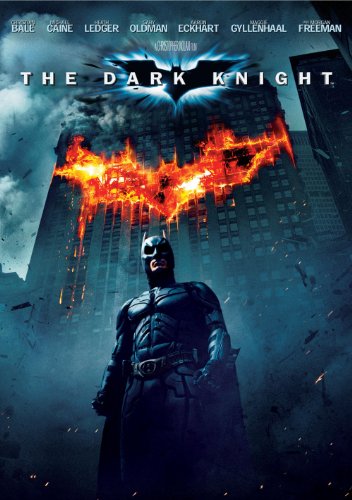All Nonfiction
- Bullying
- Books
- Academic
- Author Interviews
- Celebrity interviews
- College Articles
- College Essays
- Educator of the Year
- Heroes
- Interviews
- Memoir
- Personal Experience
- Sports
- Travel & Culture
All Opinions
- Bullying
- Current Events / Politics
- Discrimination
- Drugs / Alcohol / Smoking
- Entertainment / Celebrities
- Environment
- Love / Relationships
- Movies / Music / TV
- Pop Culture / Trends
- School / College
- Social Issues / Civics
- Spirituality / Religion
- Sports / Hobbies
All Hot Topics
- Bullying
- Community Service
- Environment
- Health
- Letters to the Editor
- Pride & Prejudice
- What Matters
- Back
Summer Guide
- Program Links
- Program Reviews
- Back
College Guide
- College Links
- College Reviews
- College Essays
- College Articles
- Back
The Dark Knight Rises
Chris Nolan’s Batman has been characterized as everything a superhero is and everything that a superhero isn’t. While he does want to help people, he cares more about the people that he loves, and even more, the city itself—Gotham, which is the only thing that draws Bruce Wayne to fight crime. The Dark Knight has driven the superhero genre into previously unexplored territory—something dark, gritty, and still not completely grounded; it exists on a plane all of its own, where every character is painted in shades of gray and every fight scene is slightly over-the-top, every villain too crazy for his own good, every day darker than the last.
The Dark Knight Rises set out to do what few directors and even fewer superhero series dared: end something successful. The very idea goes against everything that we’ve been taught: if it works, make another—but that’s where the shock ends. Rises was theorized to be a great many things, and few truly expected it to surpass the near-perfection of The Dark Knight. Accordingly, it falls somewhere between the first and second of Nolan’s Batman films. While Rises is certainly not on par with its predecessor, it is enough to be a decent finale piece. The problem lies somewhere in the addition of too many new characters—while some, like Bane, are required, and others, like young new police officer Blake, are useful, others—take Selina Kyle, for instance—are almost extraneous to the plot. Rises was supposed to cut Gotham further into pieces—break it down, leave it with less instead of giving it more. The new faces clutter the city that we have come to know.
The climax is undeniably spectacular, and doesn’t spring on the viewer—it draws up, and feels natural, even though it’s not the first option one would think of. But in the aftermath, amid all of our epilogue questions, the filmmakers’ desire for absolute closure and something reminiscent of a happy ending to slap on. Rises’ pacing doesn’t run unevenly, but there’s a sense of desperation after the finale to spring something on the viewer—not only something, but anything, and not only anything, but everything. We are bombarded with a series of moments that are surprisingly feel-good for the mean streets of Gotham. Some are genuinely exciting, while others are completely unexplained and suggest plot holes big enough to swallow the Wayne manor.
The final verdict of The Dark Knight Rises is nothing unexpected. It’s sufficient to close up the series, enough to leave a viewer awed for a few hours after walking out the theatre door, and unclear enough to supply its fan base with something to talk about for a few weeks. In the end, we are faced with the facts: the acting is good, the effects are brilliant, but the plot is lacking. Nothing particularly shocking, nothing especially riveting, and nothing matches the quality of The Dark Knight in terms of the relentless questioning of the shady underbelly of human nature. Bane is an adequate villain but lacks the darkly sadistic and simultaneously fascinating nature of the Joker. Rises provides no new thrills, but finishes off something too good to last forever.
Similar Articles
JOIN THE DISCUSSION
This article has 0 comments.

